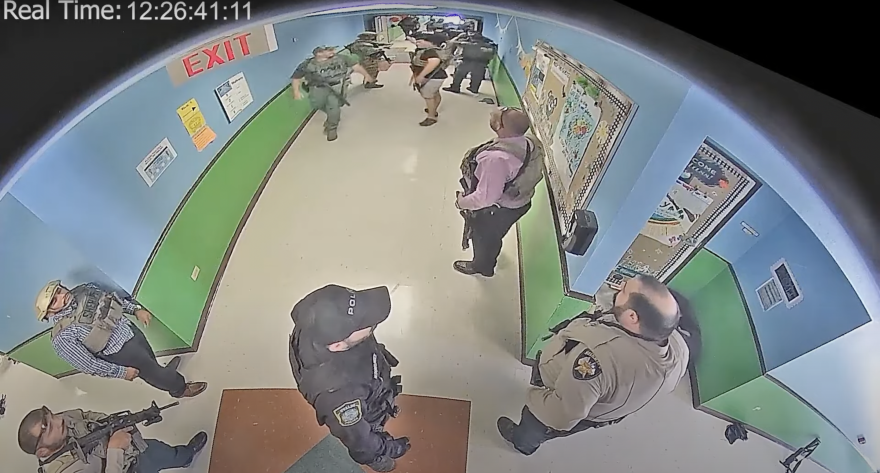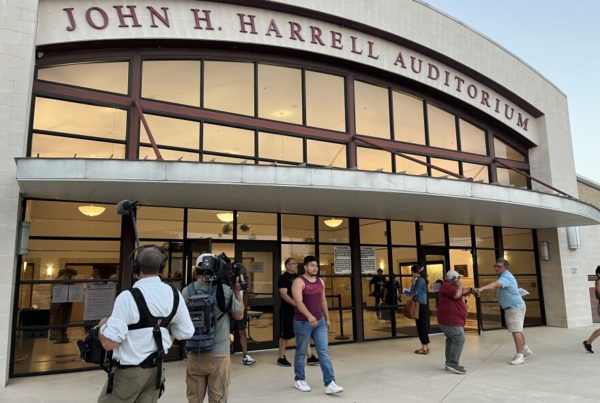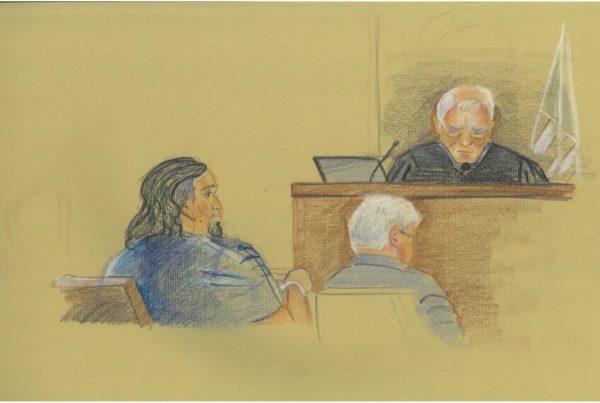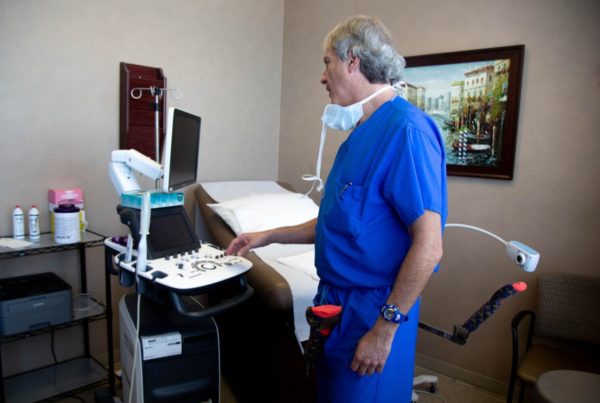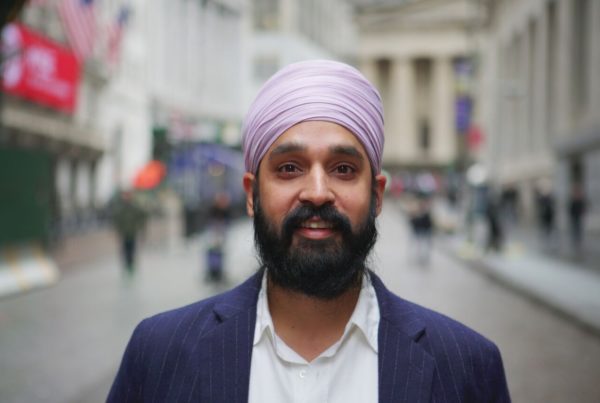From The Texas Newsroom:
Texas lawmakers on Sunday released the most comprehensive report on the Uvalde school shooting to date.
The 77-page document focuses mainly on the police response to the shooting at Robb Elementary, which left 19 students and two teachers dead, plus 17 others injured.
The report revealed that nearly 400 law enforcement officers arrived at the scene of the shooting, but, for many of them it was unclear who was in charge. It also detailed troubling behavior by the shooter and multiple warning signs.
The committee behind the report was made up of state Reps. Dustin Burrows, R-Lubbock, and Joe Moody, D-El Paso, along with former Texas Supreme Court Justice Eva Guzman.
Guzman talked to The Texas Newsroom about the report and what she learned about the shooting.
This interview has been edited for length and clarity.
TTN: On Sunday, the House committee investigating the police response to the mass shooting at Rob Elementary School released its report. But before we get into the details of it, how are you feeling?
Guzman: Well, I, you know, served as a judge for 22 years, 12 of those on the Supreme Court. And I have dealt with very difficult, difficult situations. Being in Uvalde over the last few weeks, and taking the testimony there, but also hearing from the teachers and the families about what they’re feeling and their grief process — that’s really what the focus should, should be on.
I answered the call to serve on this committee and did so out of great sense of respect for the process.
What in your eyes was the biggest takeaway from this investigation?
That’s a question that’s come up. Is there one thing that we can point to, that would seem to take precedence or priority over everything else? And I don’t think so. There’s just too many factors to say that it was just one thing.
If there’s anything global or anything that ran across every system, it was the many, many dimensions of lack of preparation and preparedness.
You did talk with dozens of people from law enforcement to school employees in order to create this detailed picture of what happened. Was there any testimony that stood out in particular, that talked about that lack of preparation?
We interviewed over 30 people, closer to 36 people in connection with the report. And … our investigators interviewed some folks as well.
So, the focus has been on two things. I think the communication — what information went to the public, to the families, and was that reliable? And then the other one, of course, is what did law enforcement do? That has been, I think, what has taken a lot of the interview and study.
We heard almost immediately after the shooting a lot of finger pointing and people calling (the police response) a failure. But in your view, do you think state and federal law enforcement should have stepped up sooner?
That has been the issue. Why did it take 73 minutes?
Now, a fact that we looked at was that the shooter, in the first two and a half minutes, fired 100 rounds in between the classrooms 111 and 112.
And so we don’t know for certain how many children died within that first two and a half minutes before law enforcement, but certainly 73 minutes is too long to make entry. Absolutely.
I also want to ask you about whether there were enough red flags to prevent the shooting from happening. Based on your interviews, do you think there were enough for someone to have turned in the shooter?
One thing that I hope people take away from this is to identify, if your child comes home and says, you know, someone in our school has a nickname “school shooter,” that’s something to look into.
He had, as the report lays out, growing up some difficulties with bullying, his father wasn’t in his life … he had a strange relationship with his mother, he had missed the last two years of school.
So, you look at all these COVID closures that had a real impact on children and young people across our country. They weren’t in school, and he had not been to school for a couple of years. So, there were some red flags that unfortunately didn’t get picked up on by those around him.
Let’s talk about the testimony because it happened behind closed doors, and many criticized the committee’s decision to do that.
And we’ve also heard from parents and families of the victims that have complained about your committee not being as transparent with them either. What would you tell them? And why did the committee decide to take the testimony under executive session?
This method, we believe, led to the most accurate testimony.
You know, our job was to find the facts. And we wanted the witnesses to come in, and be very candid, and tell us from their perspective what they saw, what they heard, you know, how they acted. And we believed and continue to believe that the executive sessions allowed people — whether it was police officers, or teachers or school administrators — to come in and testify with candor about what happened.
What policy proposal or proposals do you think should come out of this?
There are two committees that the House appointed: the investigative committee — we were finding the facts. And then, of course, the policy committee whose work is ongoing, and who will also take testimony and interview people.
But I do think that, from a policy standpoint, we need to look at sort of the issues that we identified, you know, the response and the chaos that ensued with 376 officers there and the breach taking so long.
I’m sure you’ve seen the media coverage around this report, Mrs. Guzman. Is there something in this report you think needs to be underscored?
What needs to be underscored is the systemic failures and really looking at what could have prevented — you’re never going to prevent every bad actor, but delay their entry into the school, delaying, you know, their time on the campus.
Whether it’s an 8-foot fence, or whether it’s making sure that the doors are locked or whether it’s making sure that law enforcement responds ready — ready to do everything in their power to take down the shooter. All of that is addressed in the report.
I think, you know, we, as a state and as a country, need to look at a lot of the issues policy-wise.


